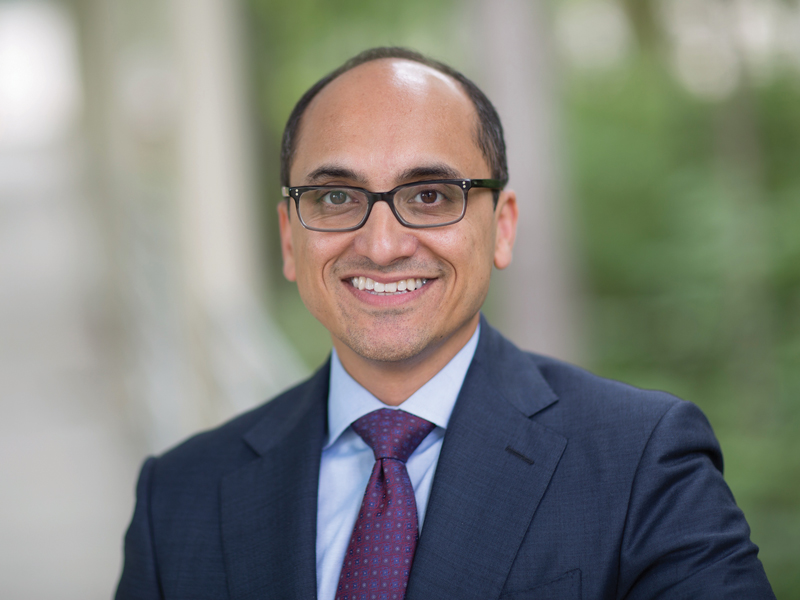Why Do Oncology Nurses Need to Screen for Financial Toxicity?
As reported to Chris Pirschel by Syed Yousuf Zafar, MD

It’s beneficial to think about financial toxicity in terms of issues adhering to treatment. Mounting evidence suggests (http://ascopubs.org/doi/10.1200/JOP.2014.001542) that patients with financial toxicity aren’t adhering to their cancer care. It’s becoming a common side effect of cancer treatment, and patients might be less likely to take treatments their medical team prescribes because of it, leading to substandard care.
Beyond adherence, financial toxicity can have a broad impact on patients with cancer. It affects their quality of life and their financial well-being. Many patients must leave their jobs or work reduced hours during treatment. In some cases, patients have been forced to sell or modify their homes (https://www.bankrate.com/mortgages/how-to-afford-home-expenses-during-cancer-treatment/) or choose to spend less on food and clothing for their families so they can afford their own cancer care. In fact, research indicates (https://iths.pure.elsevier.com/en/publications/washington-state-cancer-patients-found-to-be-at-greater-risk-for-) that patients with cancer more than double their risk of declaring bankruptcy. It’s vital to patient outcomes that financial toxicity is addressed to prevent issues involving financial well-being, poor quality of life, and a lack of adherence to treatments.
Oncology nurses are in a unique position to be able to start these conversations early by asking their patients a very simple question: “Are you able to afford the treatment?” Screening for financial toxicity throughout a patient’s entire cancer experience can help identify if—and when—patients are struggling to afford their care. Often, patients are afraid to bring up the topic of financial distress, but if they know someone from the care team is looking out for them, they’ll be more likely to discuss it. When they do, nurses can refer them to financial counselors, social workers, and other resources.
Letting patients know that it’s okay to talk about these issues is a great first step to curbing financial toxicities in cancer care. The main goal in these conversations is making sure patients can afford the treatments their medical team thinks are best for them. Uncovering financial hardship is just the first step. Referring them to resources—sooner rather than later—such as financial assistance programs for medications can address problems before they negatively impact patients. Many foundations and pharmaceutical companies provide financial assistance for patients struggling to cover cancer costs. Beyond that, some foundations help patients manage travel and lodging costs as well.
Oncology nurses can make a big difference in their patients’ lives by asking a very simple question. Although resources for patients will vary depending on the disease, where they live, and even time of year, taking the first step toward addressing financial toxicities can be life saving for some patients.
